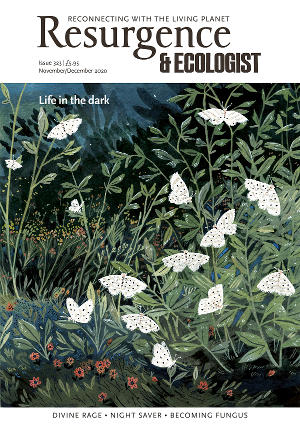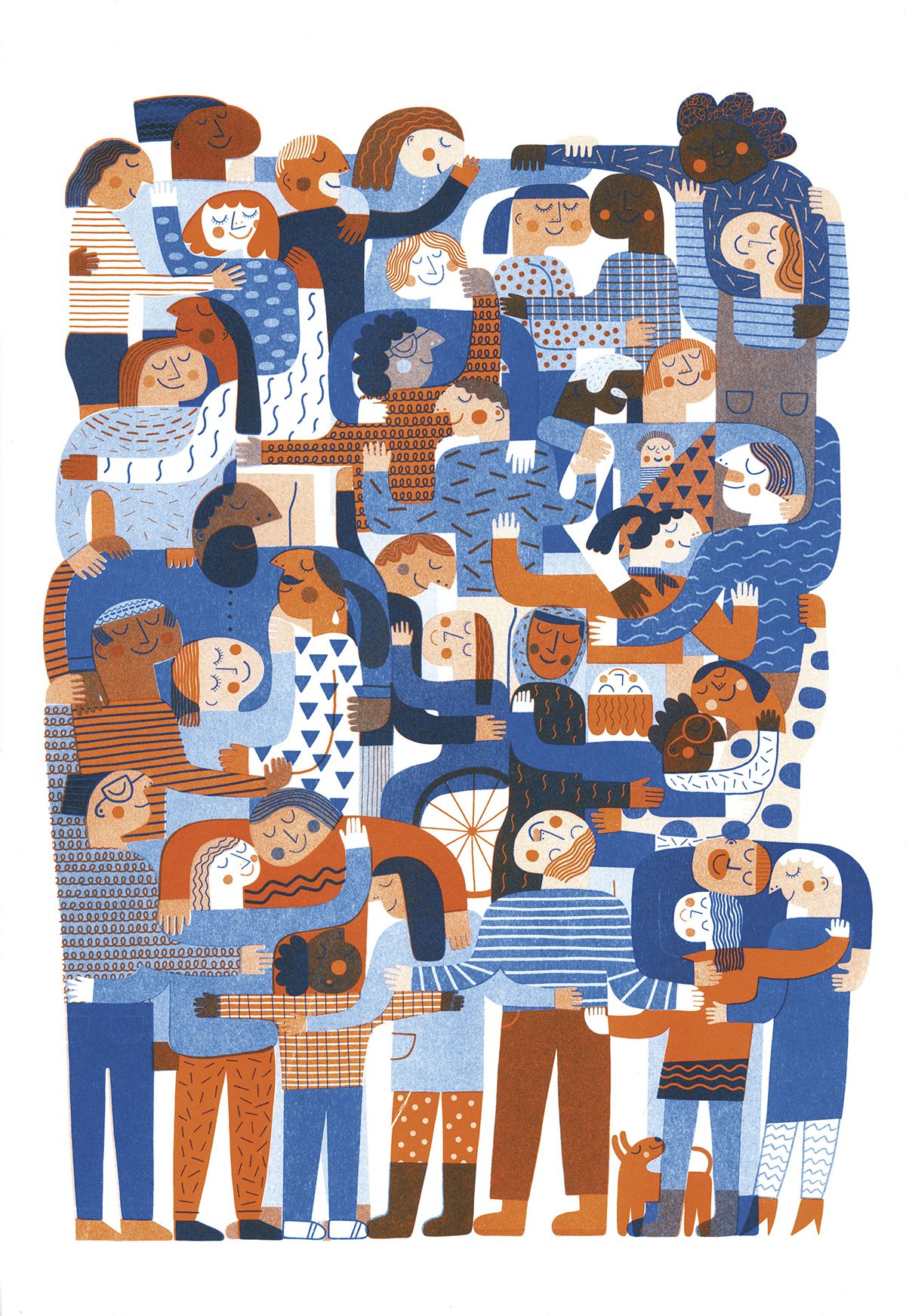Should we believe Hobbes, or Rousseau? Are we innately selfish, or inherently kind? Key questions in our understanding of human nature for centuries, these are the starting points of Rutger Bregman’s revolutionary approach. It’s time, he argues, for a “new realism”, and to challenge the entrenched views rooted in Hobbes, which still underpin modern society and perpetuate its cynical forces. It’s time, in short, he says, to “Turn society on its head.”
The culmination of seven years’ working at De Correspondent news website and rigorous multidisciplinary research, his radical idea is apparently simple: “That most people, deep down, are pretty decent.” In championing human goodness, he’s prepared to meet with cynicism and even ridicule, particularly from the powers that be, but is undeterred: “To believe people are hardwired to be kind isn’t sentimental or naive. On the contrary, it’s courageous and realistic to believe in peace and forgiveness.”
There is, of course, a significant body of literature and research stacked up against his defence of human kindness: Machiavelli, William Golding’s Lord of the Flies, Gustave Le Bon’s The Psychology of Crowds and the findings of social psychologists like Stanley Milgram, to name a few. All offer varying endorsements of veneer theory, maintaining that if we scratch beneath the flimsy surface of civilisation, all hell breaks loose. Bregman suggests that by accepting this as the dominant theory, we overlook substantial evidence in support of our innate sociability and friendliness as descendants of what he calls “Homo Puppy”.
The obvious question arises that if Homo Puppy is so friendly, how can we also be capable of any number of cruel acts from bullying and abuse right up to the most heinous crimes against humanity? The truth appears to be not in a straightforward answer as to whether we are good or bad, but in our paradoxical nature.
Our sociability, we learn, has a flip side. We tend to be ‘groupish’. Whilst this didn’t seem to pose too much of a problem for our nomadic foraging ancestors, when we started to settle and appropriate it triggered a heightened sense of external threat. It is a paradox that can be exploited by those in authority to pit us against each other at all levels of society from education to business to national and international relations.
Bregman’s alternative view explores what can happen if we shift our focus from the flip side back to our sociable self with its innate capacity for kindness. He offers countless examples from across the globe where people didn’t fight, but found a way to make peace, didn’t vanish when someone needed help, and didn’t descend into chaos during a crisis, but came together. He shows just how powerful believing the best rather than the worst in people can be, through a range of case studies: the employee-led Dutch health care organisation Buurtzorg; the innovative school Agora, where children learn to be autonomous and engaged, with “minimal but vital structure” in place; and the reduction in rates of recidivism among former inmates from Halden maximum-security prison in Norway through the adoption of more humane prison management.
Humankind offers a realistic and compelling argument for communication, trust, seeing things from different perspectives and training our compassion as forces for positive change and real democracy. Traditionally, however, such good news doesn’t sell. Apparently, the media tell us, we’re more interested in the sensational and the divisive, with a taste for bad apples. But the more we learn about how news and social media can stir up negative bias and skew our view of reality, the more we are asking for the truth. “Think as carefully about which information you feed your mind as you do about the food you feed your body,” advises Bregman. Written by a genuine seeker of truth, and published when we need as much well-founded hope for the future as we can find, Humankind couldn’t have come at a better time.







